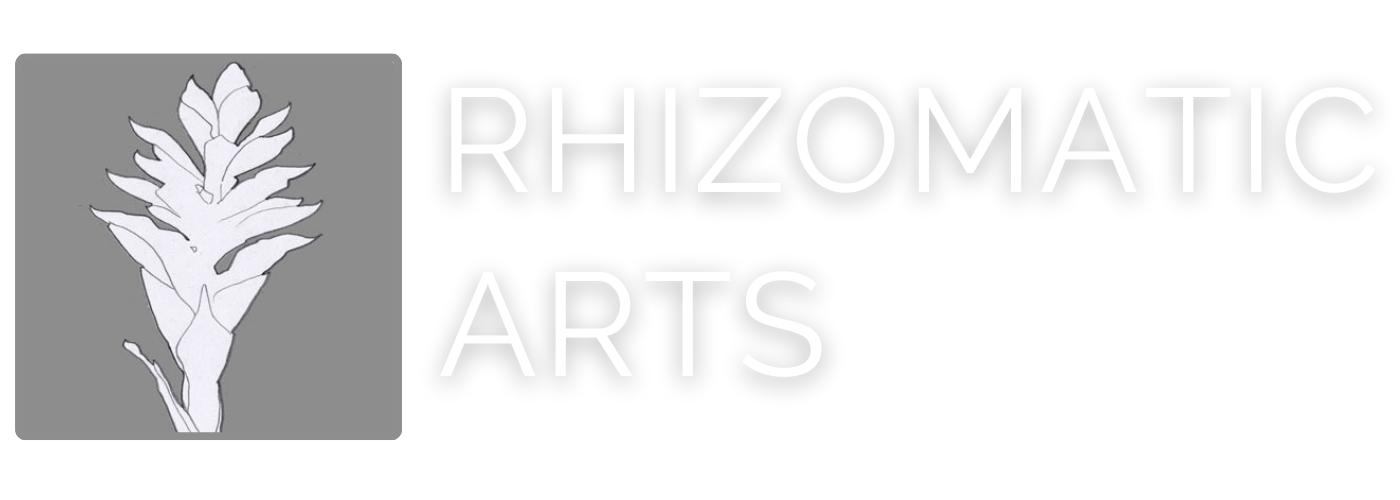Going green: how green business models might inspire sustainable arts business practice
I have to confess, reading about business makes me nauseous. Profit. Bottom line. Capital. Investors. UUUUGH.
As a performance artist, I have deliberately structured my life work to counter notions like “profit” and “bottom line.” And yet, art is a business. And when we take our business seriously, we empower ourselves to do it better, and ideally, our work is more successful, better made, and more widely received.
I believe the old starving artist cliché is debilitating to all of us. There’s frankly nothing glamorous about starving in a leaky garret in the name of art. Even should you manage to dream up a winning project in this sorry state, good luck getting the work produced, publicized, and seen, let alone performed (seeing as how you’ve contracted tuberculosis and pneumonia in your leaky garret, and you have no health insurance, so you probably won’t make it to rehearsal).
So, how to make friends with the idea of “business” while maintaining non-capitalist ideals? In the sixties some formed collectives (to famously varying degrees of success). Now it’s the climate change century, the era of sustainability and the green business. Instead of dropping out we’re looking outward, asking how our work can contribute to the betterment of a larger world.
If a green business aims to “reverse environmental and social degradation” (to quote the oft-quoted über-enviro-entrepreneur Paul Hawken), we might think of a green arts business practice as one that aims to reverse the degradation of arts in education and civic discourse. It might also aim to promote the sustainability of art professionals, making the career of the artist as a real, viable option for young people who are daily told it's "just a hobby" or "not a real career."
In an ecology of sustainability, we focus not on “getting the big break” or “being discovered” (which is passive and disempowering), but on collaboration, community, and career building. “Growth” is not necessarily about the size of our budget, or even the number of butts in seats, but about stability, innovation, and impact on our communities.
Los Angeles based Opportunity Green holds conferences that bring together business people and cultural innovators who commit to “do good for our world and our businesses simultaneously.” Their manifesto resonates directly with me as a performing artist and arts administrator. Their promotion of “a collaborative culture of new thinking and unconventional ideas that pushes change in unexpected ways” echoes Fluxus and the early 20th century avant-garde movements.
Opportunity Green’s mission, “To create innovation, collaboration and inspiration amongst industry leaders and the next generation of thought leadership to develop and implement sustainable business solutions,” mirrors the Center for Cultural Innovation, which was launched to:
If there’s anything performing artists know, its collaboration.

